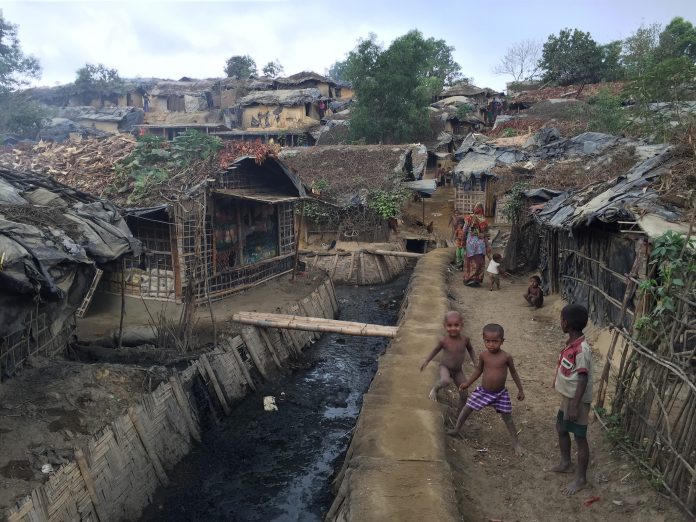Muslims and ethnic Rohingya were among those missing from the more than 9,000 prisoners pardoned last week by Myanmar’s President Win Myint to mark the annual Thingyan festival, according to a press release of the Burma Human Rights Network (BHRN).
The government regularly grants pardons—not to be confused with amnesty—to coincide with the Buddhist New Year, largely to those serving sentences for minor drug offenses.
Only two political prisoners were sent home this year, according to the Assistance Association for Political Prisoners and multiple media reports. There are hundreds remaining behind bars.
The Burma Human Rights Network (BHRN) reminds international actors that the practice of “New Year pardons” is itself indicative of the highly centralised power structure that persists in Myanmar. BHRN opposes a system in which those persecuted by the state are forced to rely on the “forgiveness” of this same state in order to be granted the freedom it took from them.
“The National League for Democracy government calls its pardons a humanitarian gesture. However, a greater show of humanity—and justice—would be to repeal discriminatory laws and to actively address the structural inequalities that cause thousands of vulnerable people to be imprisoned in the first place,” BHRN Executive Director Kyaw Win said.
These laws include Article 17(1) of the Unlawful Associations Act, Section 66(d) of the Telecommunications Law, the Peaceful Assembly Law, various sections of Burma’s colonial-era Penal Code, and the so-called “Protection of Race and Religion” Laws.
It is unknown how many of Myanmar’s more than 90,000 prisoners are Muslim or Rohingya, but members of these communities have long been singled out, detained and interrogated for being undocumented, with citizenship being systematically denied to them by the state.

